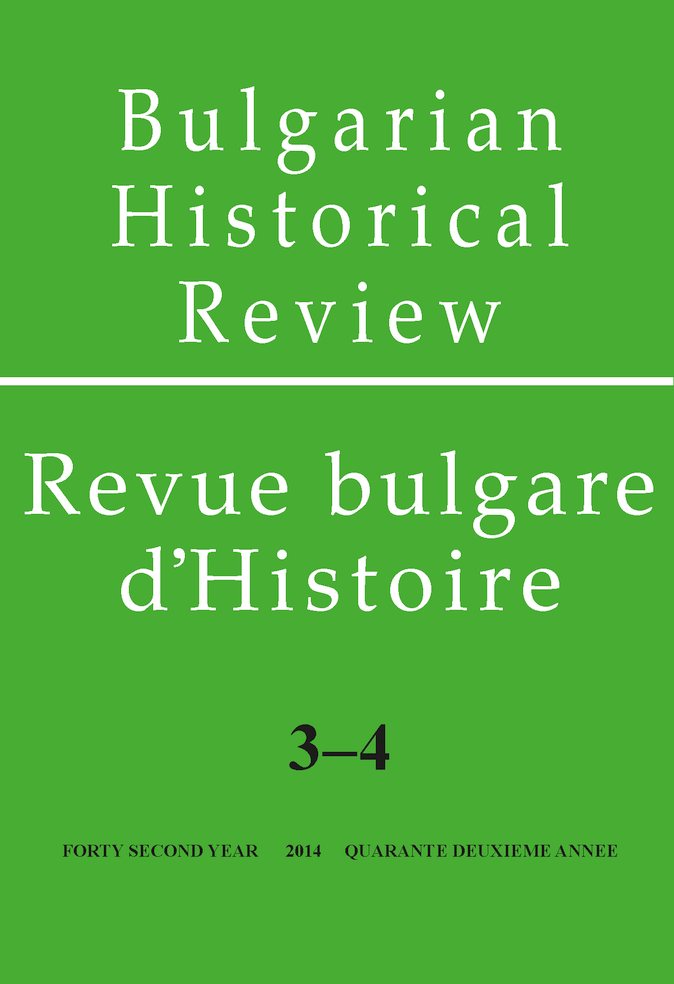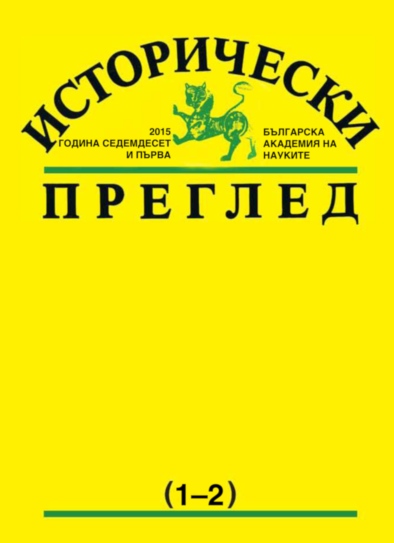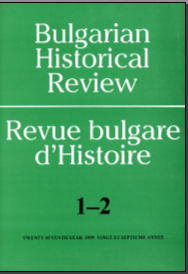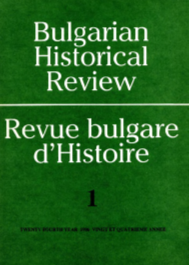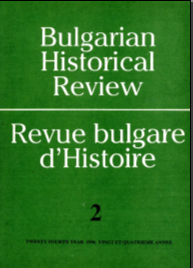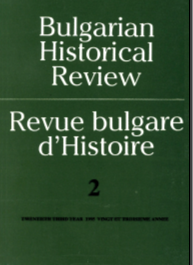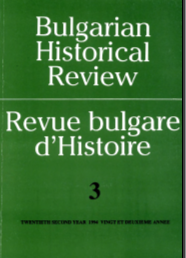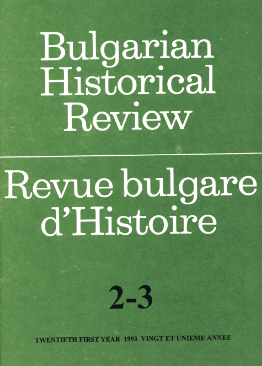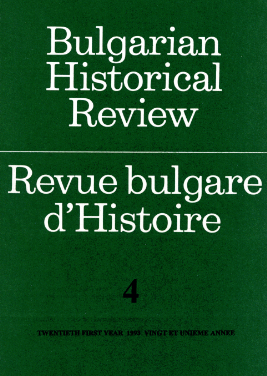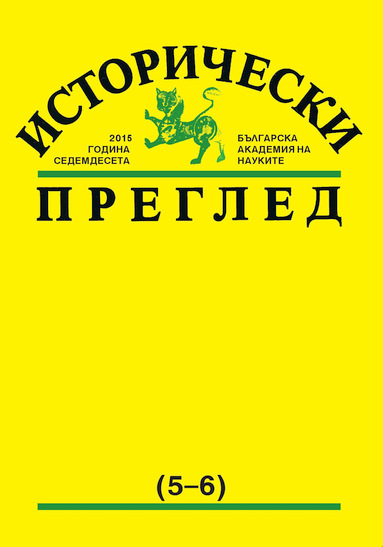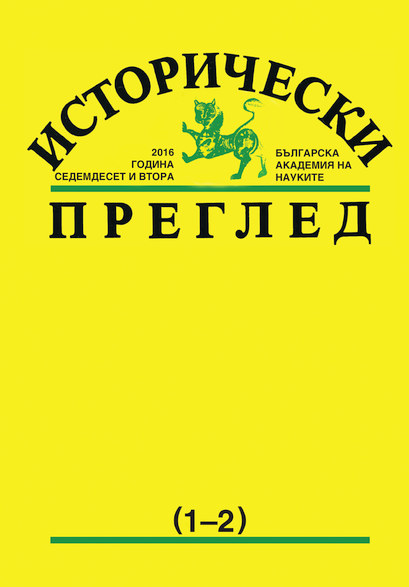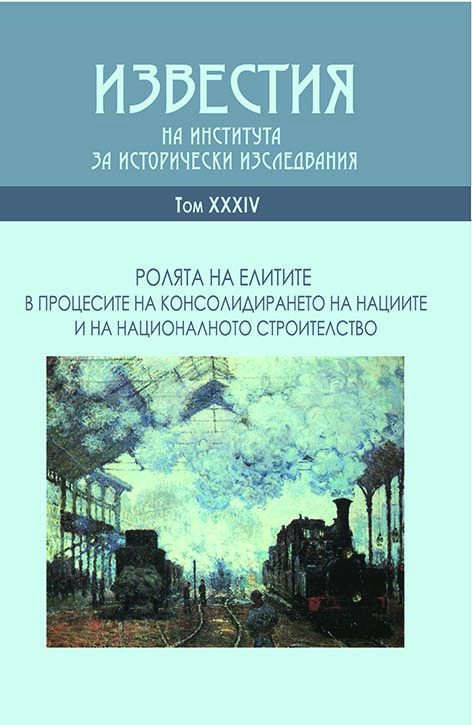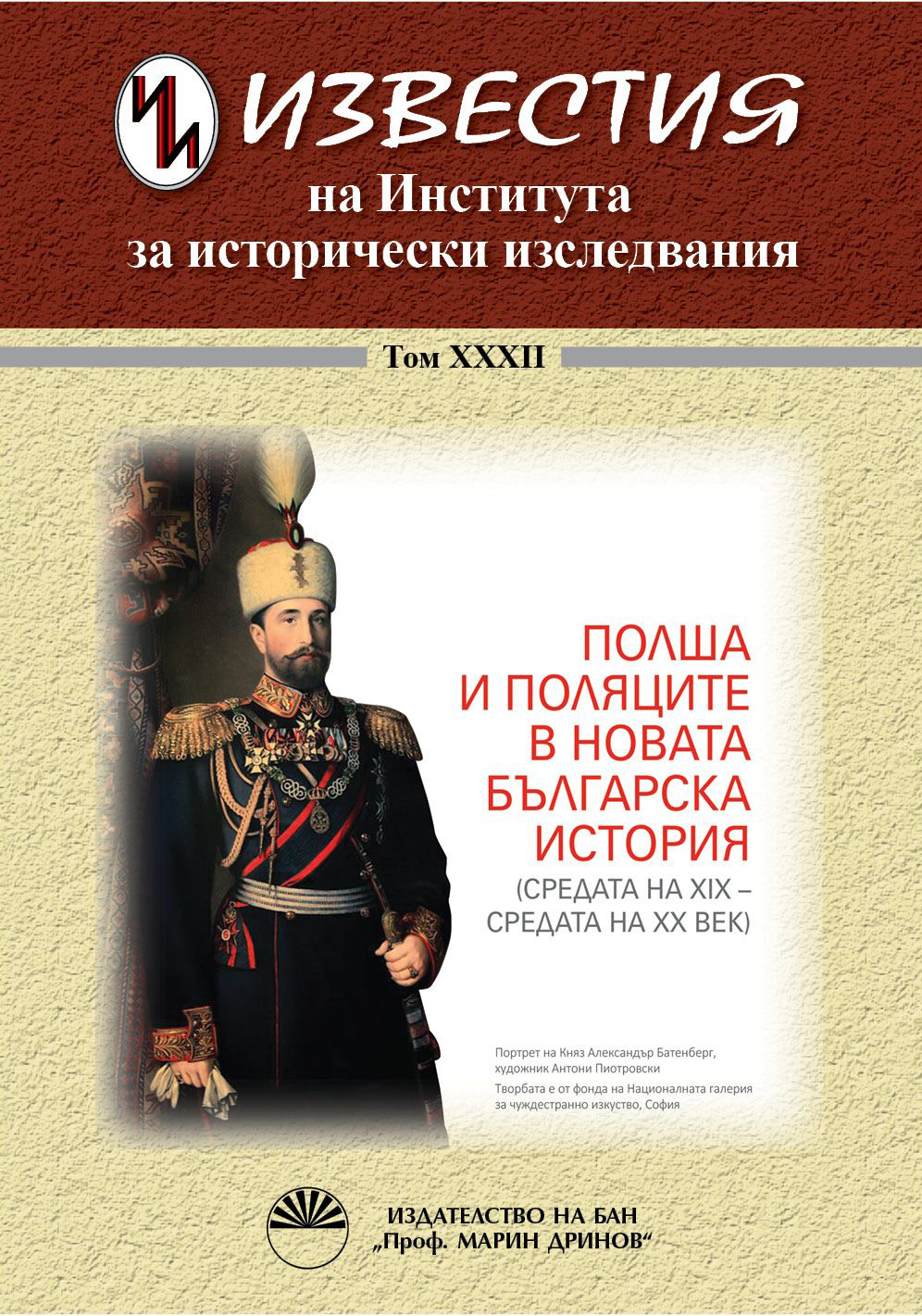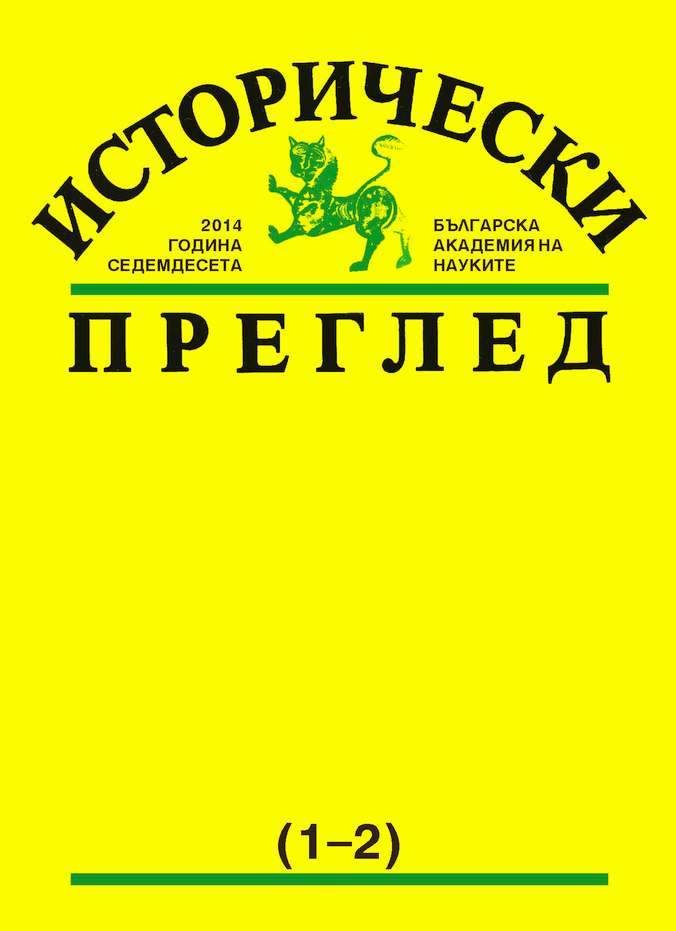
Участие России в формировании болгарской государственности
At the end of the nineteenth century Russian civil administration governed the liberated territories of Bulgaria. It actively dealt with issues related to the restoration of Bulgarian statehood: the formation of an administrative apparatus, preparation of “Organic Chart” which later became constitution; the development of “Organic Statute” in Eastern Rumelia. It also ministered to the formation of the army and the education system of Bulgarian Principality. Russia prepared the ground for the later unification of the two parts of Bulgaria in one state.
More...
